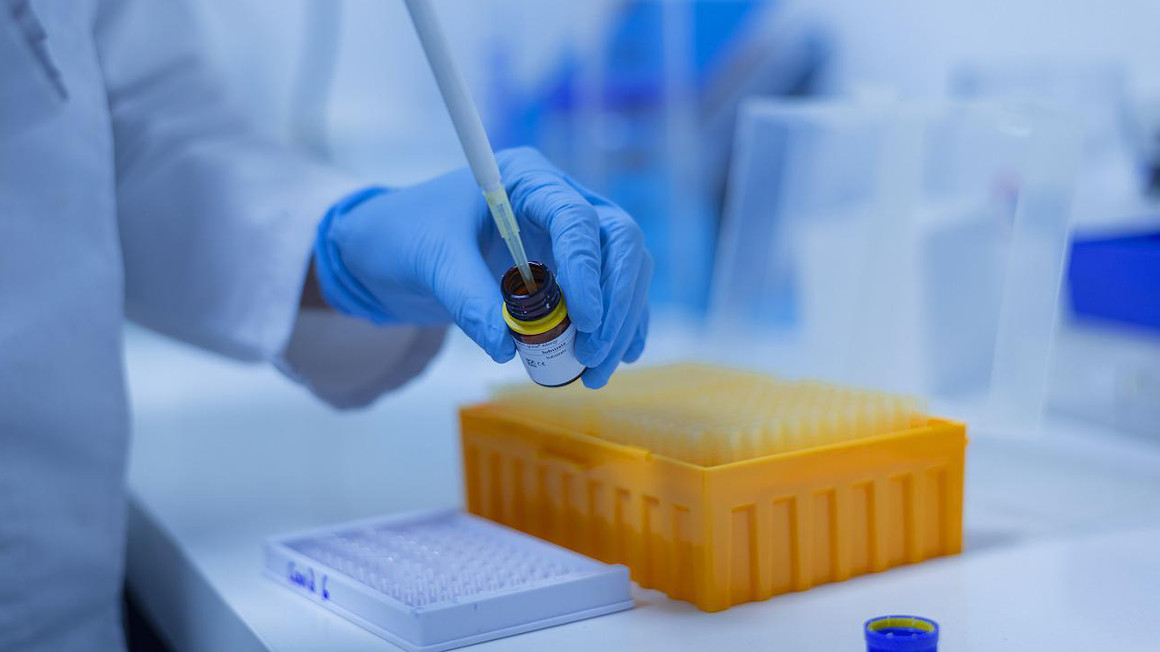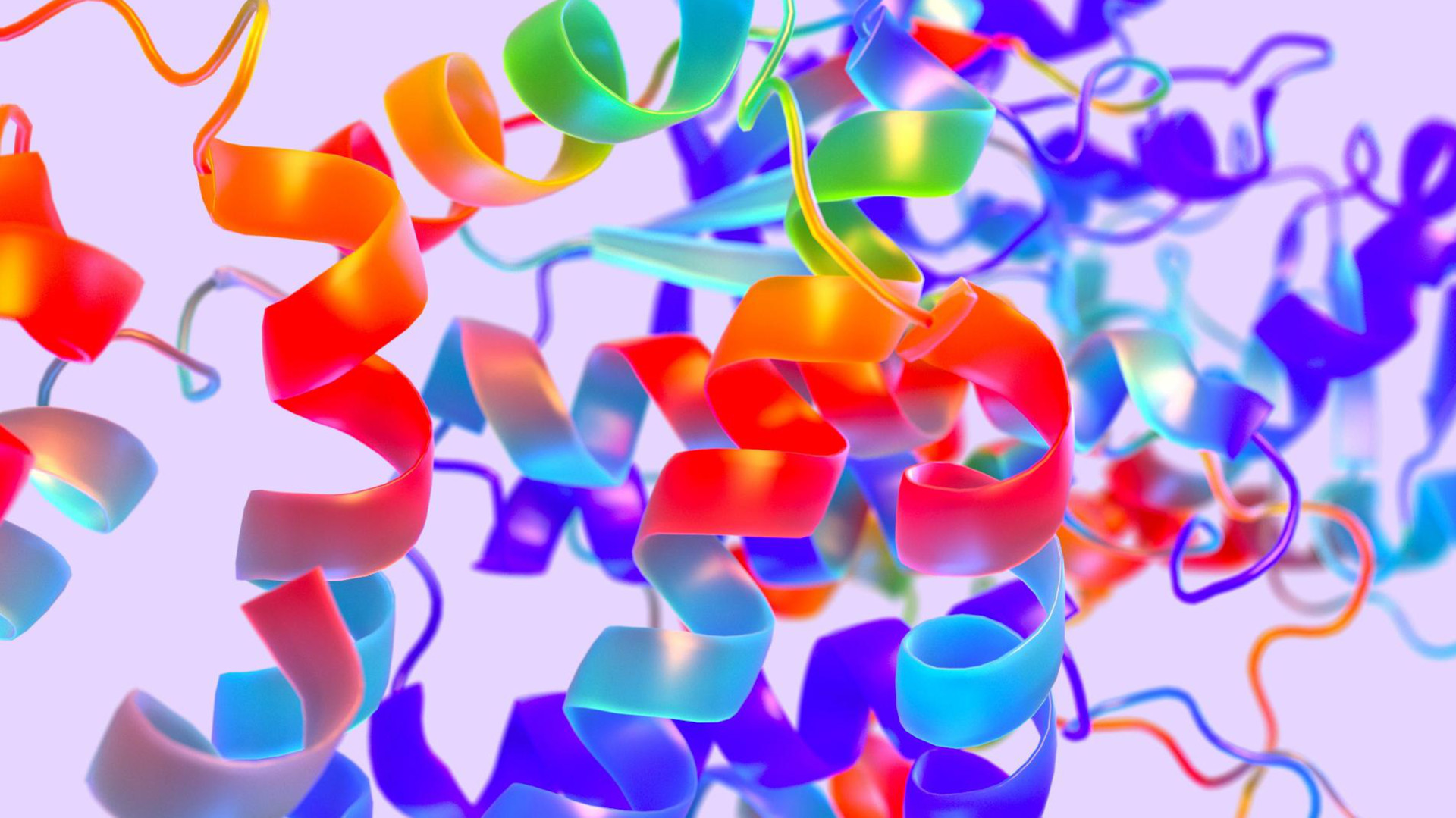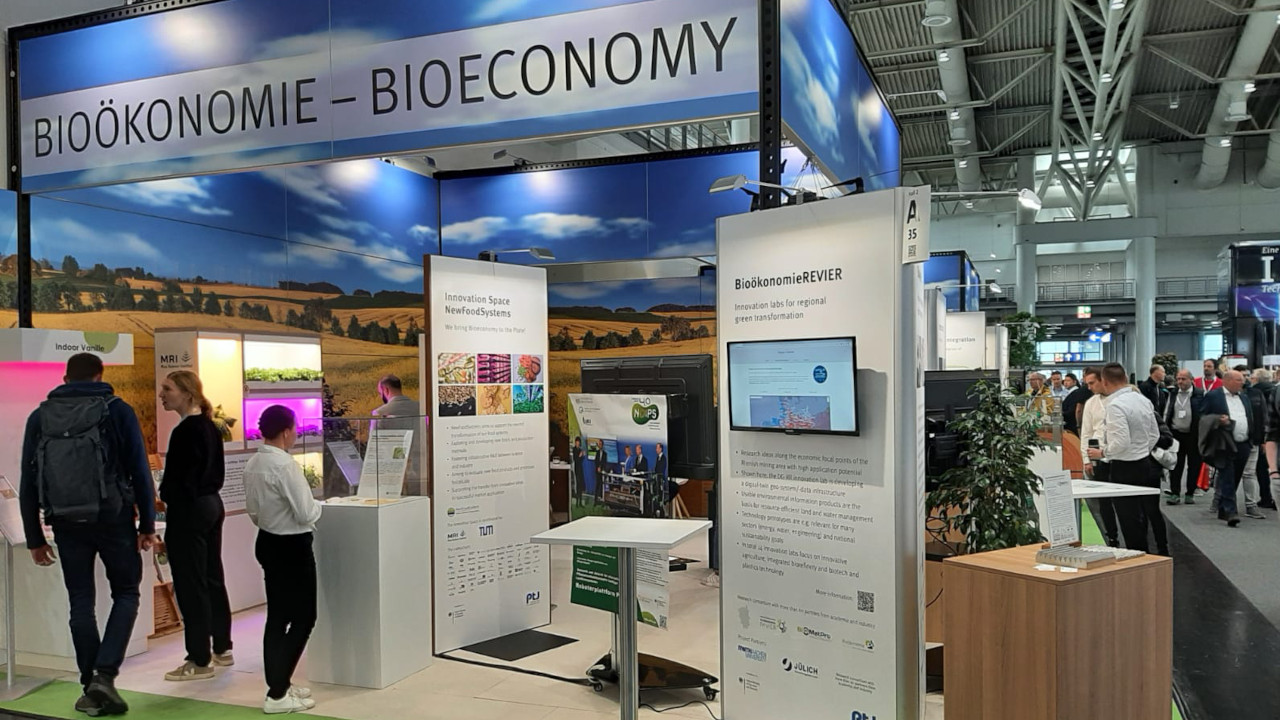Biotechnology in Germany: More than 1 billion euros flow into the sector
More fresh capital flowed into the German biotechnology sector in 2023 than in the previous year. There was also an increase in venture capital investments.

Taking stock of the German biotechnology sector: this week, two industry analysts have presented the key economic figures.
Firstly, the German Biotechnology Report 2024 was published, prepared by the auditing and consulting firm EY in close cooperation with the industry association BIO Deutschland. According to the report, capital raised in 2023 rose to €1.1 billion – an increase of 17% compared to the previous year, when €921 million was raised. The current figure is therefore back at around the pre-pandemic level – albeit well below the sums raised in the biotech sector in Germany during the coronavirus crisis in 2020 (€3.1 billion) and 2021 (€2.3 billion).
Half of the VC investments went to a Munich-based company
Investments in the form of venture capital also increased compared to the previous year, from €465 million in 2022 to €533 million last year. However, almost half of this sum (€255 million) went to a single company, ITM Isotope Technologies Munich SE from Munich. The investment sums also appear rather low in an international comparison: in Germany, 0.01% of GDP was invested in biotech, compared to 0.02% in the rest of Europe and 0.05% in the USA.
Weakening early-stage financing
According to the biotech report, the situation remains challenging in terms of early-stage financing at the beginning of the company's foundation: in 2023, capital totalling €203 million was raised by biotech start-ups in the early stages, which is the lowest figure in the past six years and also significantly below the average for this period (€325 million). There were a total of 18 investment rounds in the early phase, the average transaction volume shrank to EUR 11 million and was therefore significantly below the 6-year average of EUR 21.2 million.
Overall, the total turnover of the biotech sector in 2023 was €12.7 billion – a drop of 51% compared to the previous year. The slump in turnover is primarily due to the declining demand for Covid-19 vaccines. In contrast, the number of employees rose by 10% to 61,705 employees in 996 companies (up 3%). This figure is made up of 784 companies headquartered in Germany and 212 German subsidiaries.
BIOCOM statistics collected according to OECD criteria
The specialist information company BIOCOM has also been determining the key figures for the German biotechnology sector by means of a survey since 2005, but its methodology is based on the criteria of the Organisation for Economic Co-operation and Development (OECD). As a result, some values differ from those in the EY/Bio Deutschland report.
Accordingly, the figures for the number of companies, employees and R&D investments have increased. According to the annual survey, a total of 798 dedicated biotechnology companies were operating in Germany in 2023 – 22 more than in the previous year.
These mostly research and development companies employed 38,120 people, 3,730 more than in 2022, and generated a turnover of 12.57 billion euros. However, this is only half of the previous year's figure (€25.4 billion), which, as mentioned above, is due to the decline in global sales of mRNA coronavirus vaccines. The unbroken confidence in the further development of biotechnology is demonstrated by the further increase in investment in research and development: from €3.33 billion in 2022, this rose by over 10% to €3.74 billion last year. The capital markets share this confidence: just under €1.2 billion flowed into the sector in 2023, an impressive 25% more than in the previous year. 475 million in venture capital was raised in 2023. Listed companies raised 723 million euros. The entire survey will be published on 20 June 2024 in the 37th edition of BIOCOM's BioTechnologie Kursbuch.
pg


